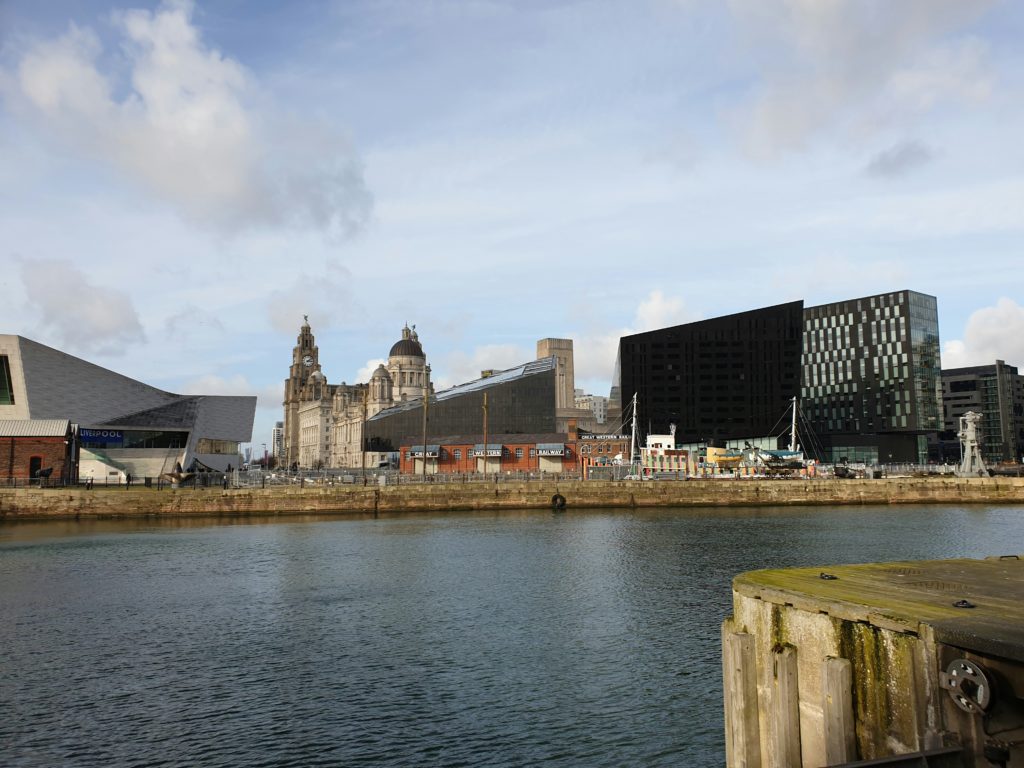Liverpool has unveiled ambitious plans to repurpose old sites and develop new housing to serve those working in its emerging industries such as life sciences and IT.
It is the first city to set up a locally-led development corporation under powers established by the levelling up and regeneration act.
Liverpool city region mayor Steve Rotheram said: “Private sector investors and developers are beginning to look at the city in a new light and specific sites that have stood vacant and subject to protracted financial and legal issues are now coming forward for development.”
A regeneration partnership to work with landowners, developers, and occupiers to develop and market a pipeline of prioritised residential and commercial development sites has been created.
The partnership was a key recommendation of the city’s strategic futures advisory panel’s final report published last week and endorsed by levelling up and housing secretary Michael Gove.
“Unlocking the potential of cities like Liverpool is essential to driving productivity and levelling up,” said Mr Gove.
Regeneration will focus on the arc linking Everton’s new Bramley Moore stadium on the waterfront to the Knowledge Quarter in the city centre.
Areas earmarked for accelerated development include the central docks where planning consent has been given to create a five-acre park and infrastructure for development plots for up to 2,350 homes.
Ten Streets next to the Bramley Moore Stadium is earmarked for up to one million sq ft of development on 125 acres of former dockland.
Major opportunity to build homes on a neglected spot
More than 70 acres of semi-derelict land at Pumpfields on the northern edge of the city is to receive a comprehensive planning and delivery framework to bring forward up to 10,000 homes.
Brokers Hank Zarihs Associates said commercial development finance lenders would be keen to lend on proposed projects now that Liverpool has a development corporation. This is because such an organisation offers dedicated planning powers and speedier routes to compulsory purchase of land.
Cllr Rotheram said the city had to diversify to take advantage of its position as a renewable energy leader and build on its progress in science and advanced computing.
“By restoring confidence in the city as a place to invest and do business; attracting more well-paid, productive jobs and ensuring that the city carves out its own niche in a crowded global marketplace,” he said.
The city’s investment zone proposal seeks to make Liverpool an international leader in innovation creating 8000 jobs. It is estimated the initiative could leverage up to £640m of private investment and has already attracted £160m of government funding. AstraZeneca’s £450m outlay to set up a new vaccine manufacturing plant is an example of the type of investment the city hopes to attract.

